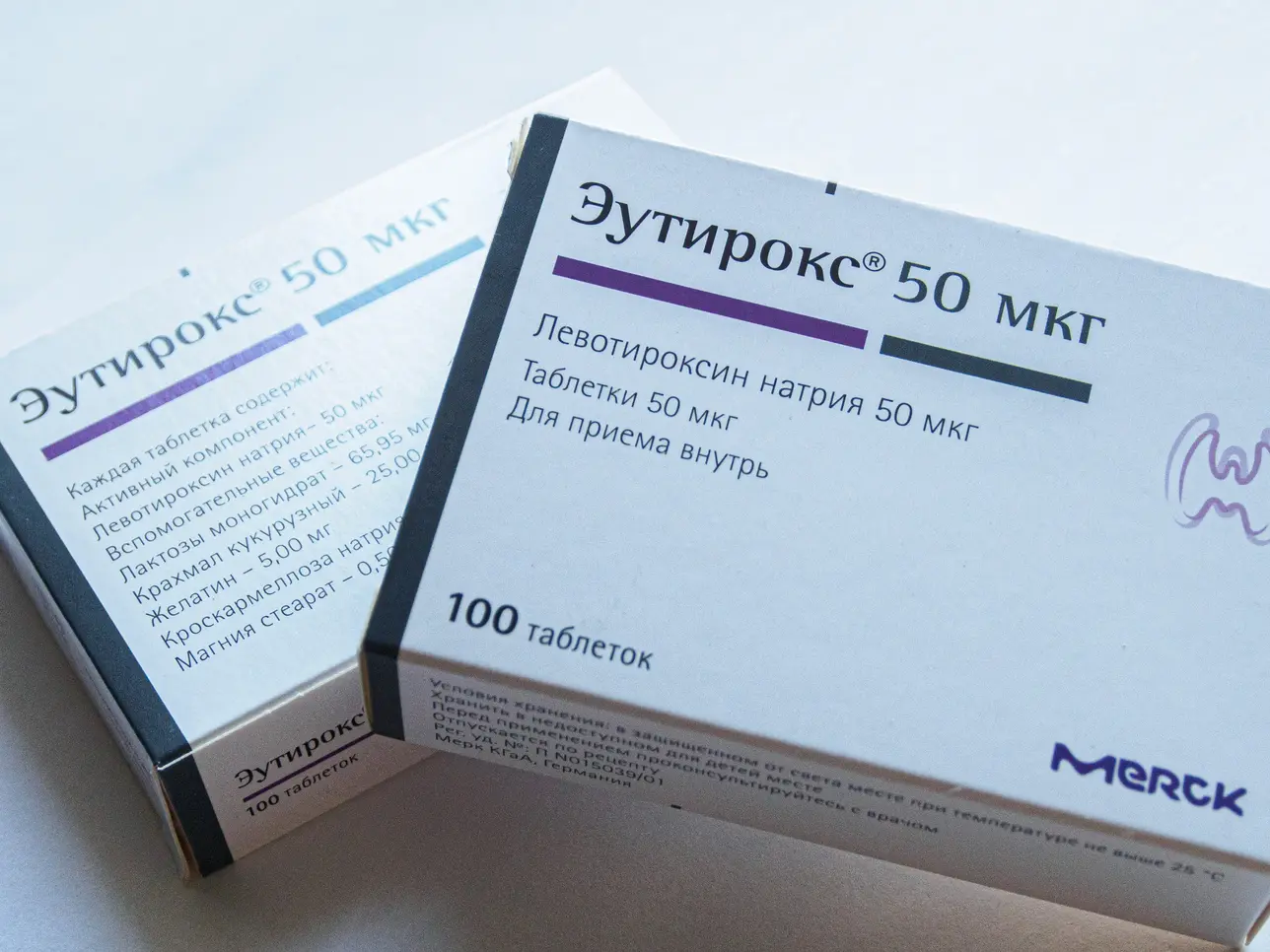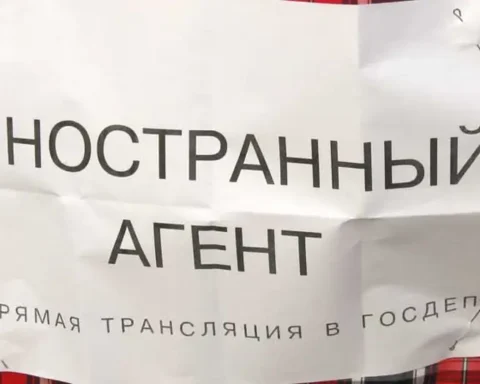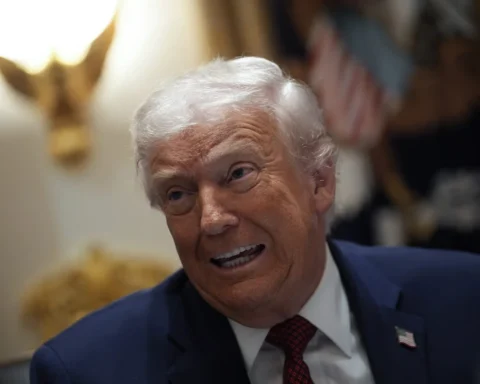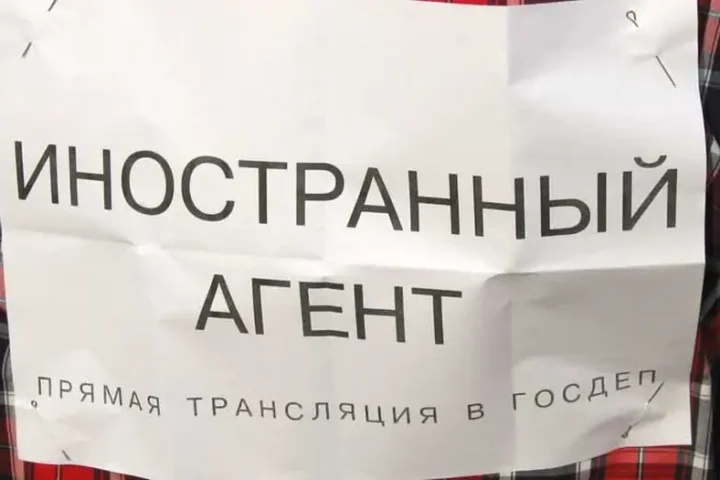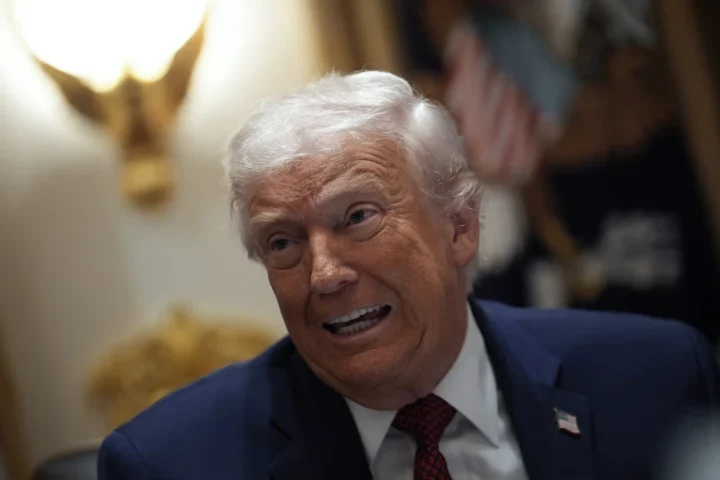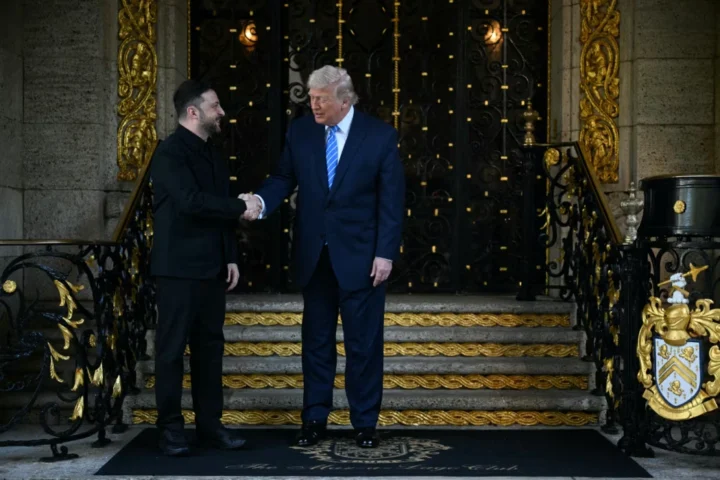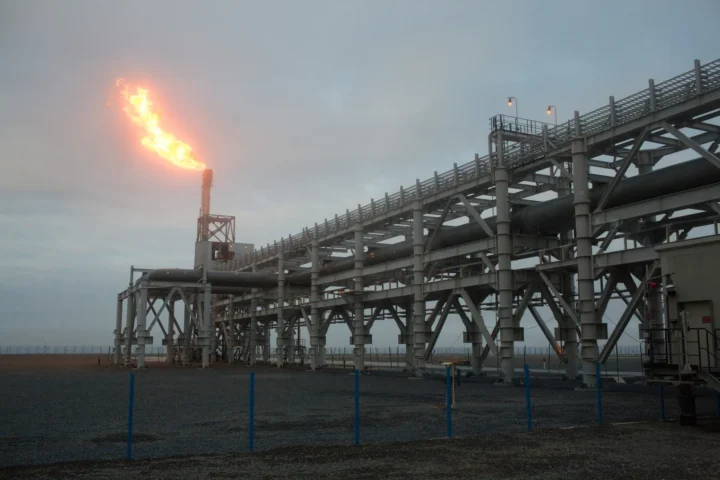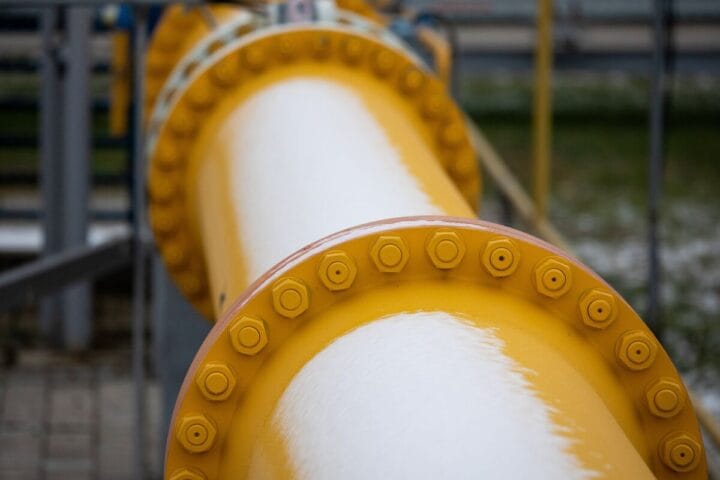Continued Dependence on European Pharmaceuticals
Despite ongoing geopolitical tensions and sanctions, Russia continues to depend heavily on pharmaceutical imports from Europe. Trade data reveals that between November 2023 and October 2024, Russia imported $9.3 billion worth of pharmaceutical products from the European Union, nearly matching the $9.4 billion imported in 2021. In contrast, imports from China during the same period totaled only $108 million, highlighting the continued dominance of European suppliers in this sector.
China as a Partial Substitute for European Goods
While Chinese exports have partially filled the gap left by European goods in some sectors, the replacement is uneven across product categories. In the automotive industry, Chinese manufacturers have exceeded pre-sanction levels of car imports from the EU, more than doubling their exports to Russia.
In other areas, Chinese suppliers have helped offset some of the declines in European imports:
- Imports of mechanical equipment from China surged by $12.1 billion, covering much of the shortfall.
- Optical and medical equipment imports from China rose by $1.3 billion, addressing around 60% of the reduction in European supplies.
- In the plastics category, Chinese exports grew by $1.6 billion, replacing about 40% of lost European volumes.
However, there are sectors where Chinese suppliers have struggled to fill the void. Aircraft imports from China increased by just $201 million, while EU deliveries dropped by $3.1 billion—a gap that remains largely unfilled.
These disparities in substitution reflect the complexity of Russia’s efforts to reorient its trade relationships and underscore the continued reliance on European industrial and pharmaceutical products.


